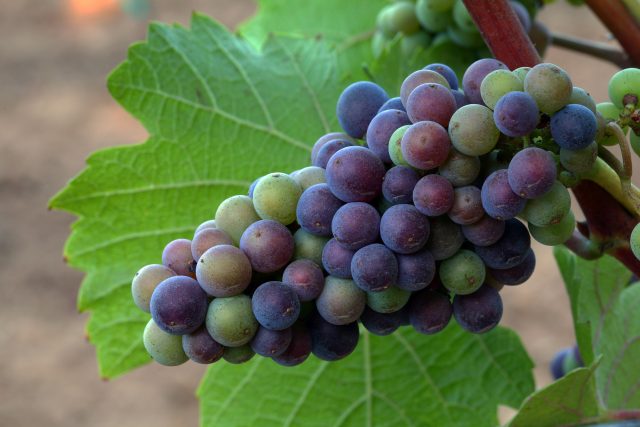This website uses cookies so that we can provide you with the best user experience possible. Cookie information is stored in your browser and performs functions such as recognising you when you return to our website and helping our team to understand which sections of the website you find most interesting and useful.
Do we finally known where wine came from?
Scientists have finally discovered the origins of wine and grape cultivation, according to a recently published large-scale study on the issue.

According to Scientific American, the study by Yunnan Agricultural University included a large international group of researchers analysing 2,503 vines from domesticated table and wine grapes and 1,022 wild grapevines. The scientists discovered that, roughly speaking, wild grapevines from antiquity split around 200,000 years ago into two primary genetic lines.
The study claims that there were roughly two groups that was split into the west and east, spread across Eurasia, with what is now Portugal and Spain in the west on one side and Israel and Turkey on the other developing grapes.
It states that early farmers migrated from western Asia towards Iberia, bring table vines with them, with farmers also cross-breeding vines with local wild grapevines as they moved westward.
The earliest of this mixing probably happened in the Israel and Turkey area, creating muscat grapes, which could be both eaten and also fermented. Eventually, the table grape over time evolved into the different wine grapes found in southern and western Europe today across the Balkans, Italy, France and Spain after the first domesticated grapes were produced around 11,000 years ago. Over many thousands of years, this developed into the varieties we now know and love today.
But the news states that it is “almost impossible” to trace current grape varieties back to either specific areas or countries, or even the western Asia or the greater Caucasus regions where they were originally domesticated. The reason given for the inability to find an evolutionary chain is due to grape growers cross-breeding table and wine grapes, alongside domesticated and wild grapes, and back-breeding offspring with parents. Once a “superior” vine was then created, producers would destroy the prior vines, making it difficult to construct a family tree of grapes, lead researcher Wei Chen added.
In this way, we may never really know the true source of a grape variety though, the study said.

